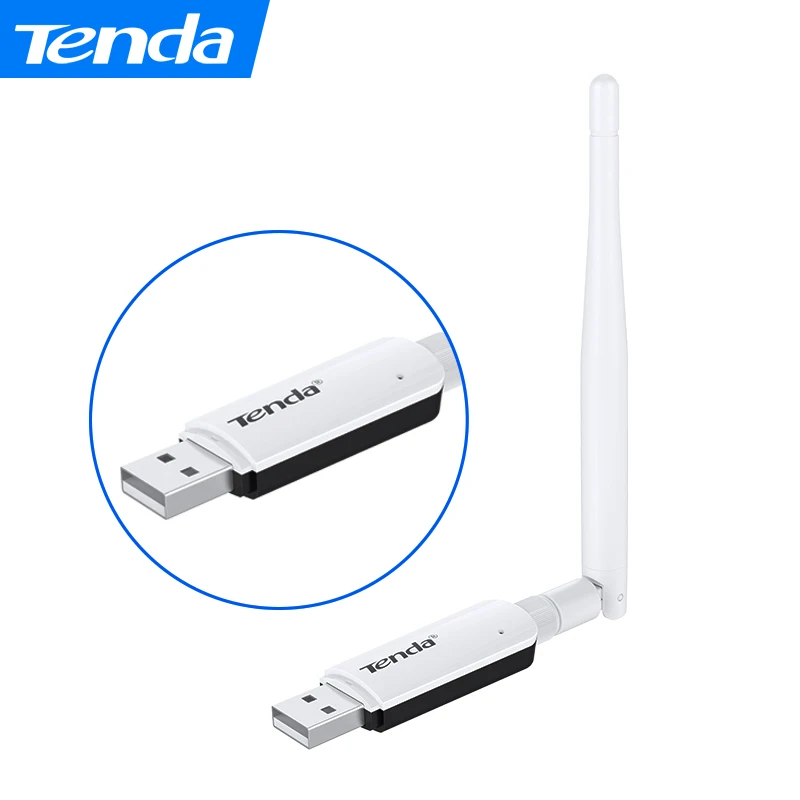

If you’re looking for a new Gigabit router that has USB 3.0 capability, here are a couple of affordable ones you might want to consider: If you have a new router with a USB 3.0 port, you’ll want to use a USB 3.0 compatible as well for best performance.

The performance will vary based on several factors: your router, network traffic, file size, etc. This process is a good solution if you have a family situation and want to share music, videos, and photos with everyone else.ĭo keep in mind that this drive will be open to everyone in your household, so you don’t want to store any confidential or otherwise sensitive files on it. You can use the drive connected to your Wi-Fi router just like you would any drive. That’s what I am doing with the shot below – mapping it as a drive on a Windows 7 system. If you want to access that drive from other computers on your network, you’ll want to map it as a network drive. From here, you might want to pin it to Start in Windows 8.x or just create a shortcut to it on the desktop. Open the Network folder and clear the path in File Explorer and replace it with “ \\routerip ” For example, I would type in: \\192.168.1.1 and hit Enter.Īfter hitting Enter, your drive will show up in the File Explorer as a shared folder with the name you gave it earlier. The steps in this article will work for everyone, no matter what brand of router or computer experience level. You can use your Wi-Fi router to create a network share of the folder if that function is available, but I prefer to use Windows. You can see in my example below that the drive is recognized, and there are different options for the drive available, including creating a share. Then in the router’s settings, look for drive storage, file sharing, or something similar. From a computer on your network, open the browser, enter your router’s IP into a browser and enter your password these will be the IP and password you used when initially setting up your Wi-Fi router. Pop it into the USB port on the back of your Wi-Fi router, and then you’ll need admin access to your router. For this, I am using a Linksys E4200 Dual-Band Wi-Fi router and a 64GB flash drive. Pick the hard drive or flash drive you want to use – you can use external or portable hard drives, too – anything with a USB connection. I recommend using a new drive or a freshly formatted one, but if you have files on a drive already that you want to share, you can just plug that in and not have to format it. Also, make sure to check your router documentation to see if there are any storage restrictions. Note: Keep in mind that some steps will vary depending on the type of router you have, but the process is the same.


 0 kommentar(er)
0 kommentar(er)
